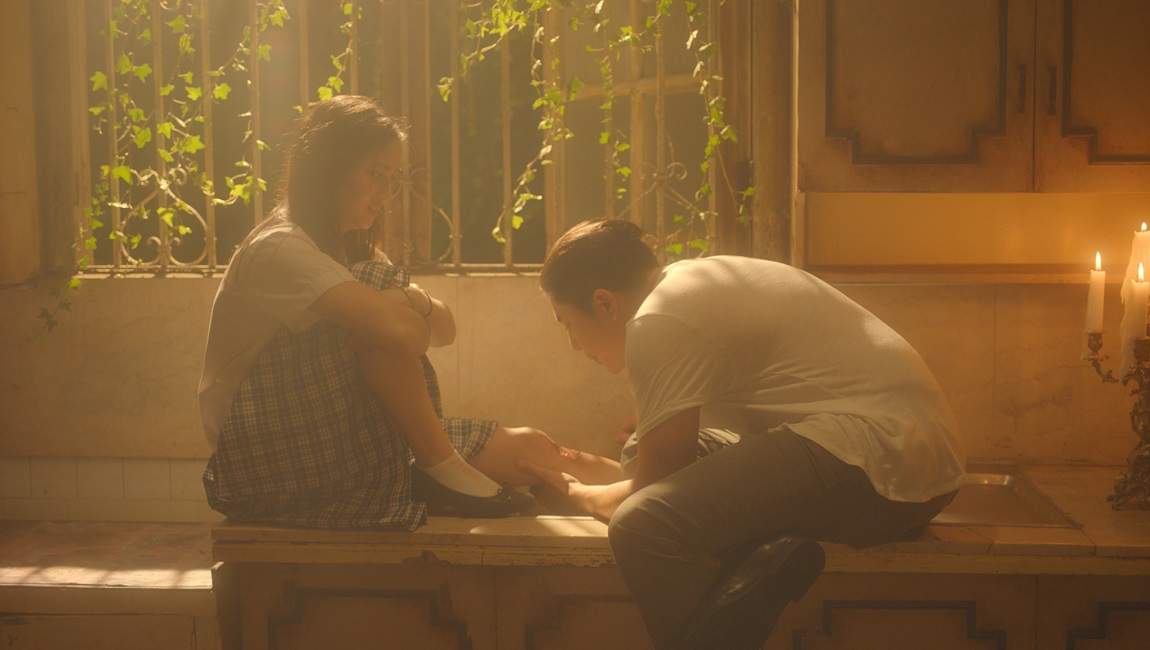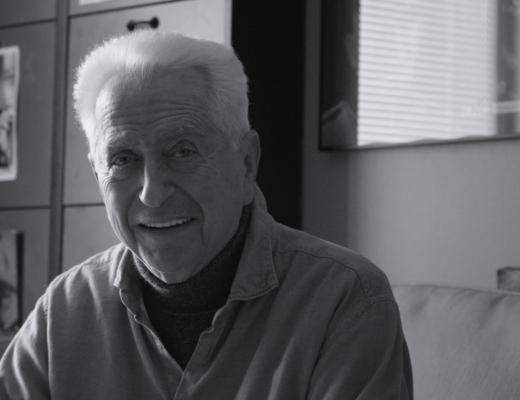A Girl Missing establishes Kôji Fukada as a strong imagemaker, but the film’s weak script weighs things down.
If nothing else, A Girl Missing demonstrates yet again that formal and structural invention can only do so much to rescue a truly dire script. For about half an hour, writer-director Kôji Fukada keeps matters productively ambiguous, deftly braiding two parallel timelines, each centered on Ichiko Shirakawa (Mariko Tsutsui), a middle-aged home-care nurse. In the first, Ichiko lives a life of seeming contentment: she has plans to marry a local doctor, is proficient at her work, and even maintains a close relationship with her ailing patient’s two granddaughters, Saki (Miyu Ogawa) and Motoko (Mikako Ichikawa). In the second, set at some point in the future, she seems downright unhinged, at one point exhibiting bizarre, positively Lanthimosian behavior. How did it come to this? Saki’s abrupt disappearance would seem to provide an answer — but in fact, it’s when she’s found that the film’s shape truly starts to emerge, since it turns out that Saki was abducted by Ichiko’s teenaged nephew, Tatsuo (Ren Sudo). From this point forward, as the media vultures circle the story — for her link to Saki’s family, Ichiko is accused of orchestrating the entire sordid affair — A Girl Missing transforms into a limp, tawdry melodrama. A few more betrayals follow that initial reveal, with Ichiko’s relationship to Motoko becoming ever-more prominent. But what once looked like an incisive examination of emotional co-dependence — one might think briefly of Yorgos Lanthimos’s grief-surrogate parable Alps — reveals itself to be a pointless tale of ruined innocence. Throughout the film’s distended runtime, Fukada proves himself a strong imagemaker, with a talent for discombobulating compositions, canny plays with perspective, and disorienting edits. But in writing his script, he might have done well to take a page from the media folk that he so single-mindedly vilifies: When the story isn’t good enough, rewrite the narrative.
Published as part of Before We Vanish | July 2020.







